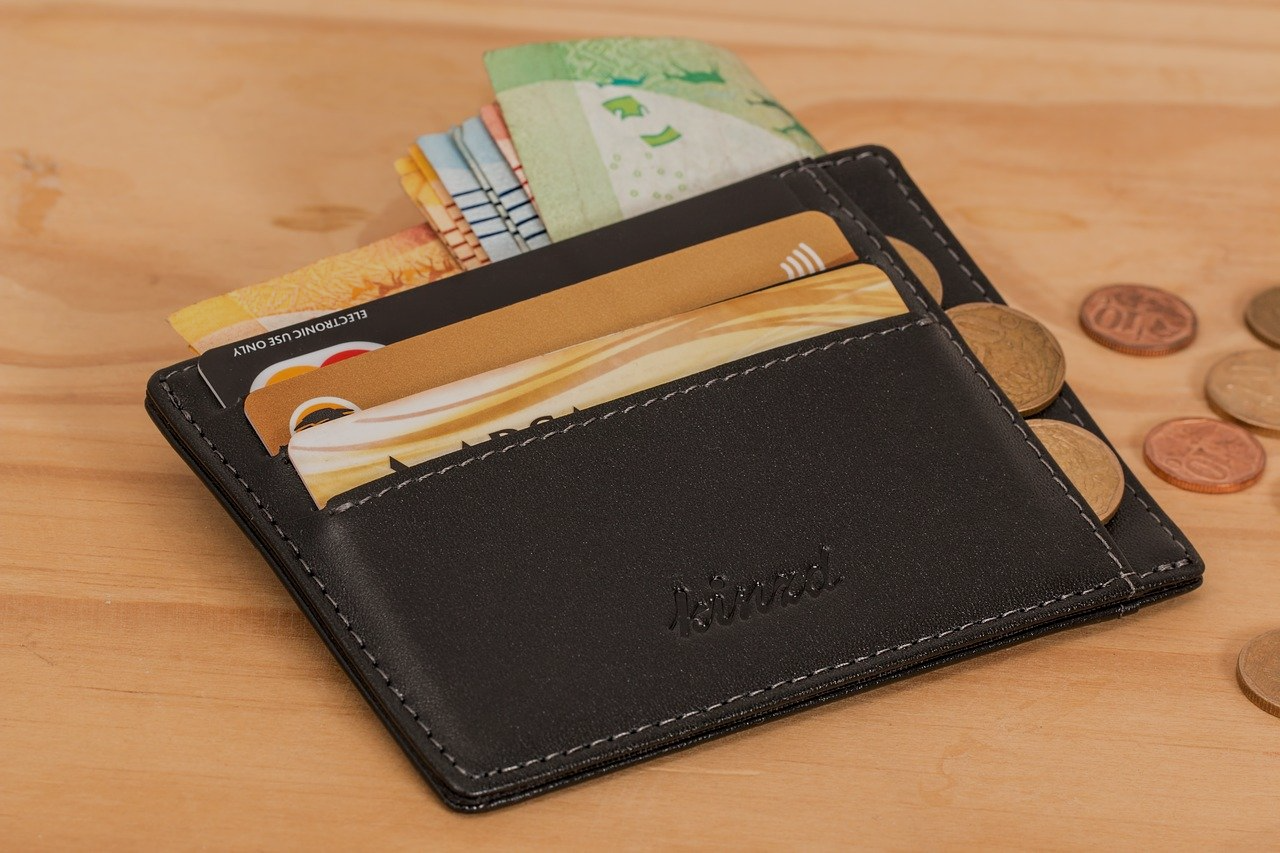Blog Layout
5 ways to protect your nest egg. . . even after you are gone
You have worked hard for your money. While you hope to be here long enough to enjoy every last nickel, life can be full of surprises and they are not always good ones. If you are not able to enjoy your nest egg, the next best thing is to protect it so that loved ones are able to benefit from your hard work and planning. Here are 5 ways you can protect your nest egg even after you’re gone.
Ensure your will is current and valid
A will is one of the most important gifts you can give your family. This legally binding document ensures that your estate is allocated to family, friends, and charities as per your wishes. When drafted properly, a will can allow you to transfer RRSP and RRIF accounts tax-free! You can transfer these accounts to a spouse as well as to a child or grandchild who is under 18 years of age. Your savings stay with your family, instead of being taxed by the Canada Revenue Agency.
Create a testamentary spouse trust
A testamentary spouse trust has two specific advantages for people who want to ensure their nest egg stays in the family. This particular tool allows for the transfer of assets to a surviving spouse on a tax-deferred basis. For the remainder of their life, the surviving spouse is the sole beneficiary of the income and capital distributions from the trust. When the spouse passes away, all the remaining assets are distributed to the beneficiaries named in your original will. The professional Calgary Life Insurance
advisors at CG Hylton can assist with this legal documentation. This type of trust remains unaffected by new marriages or family quarrels.
Allocate your resources throughout the family tree
While the majority of people bequeath their assets to their spouse, it is not always prudent to do so. If your spouse is the sole beneficiary of your healthy RRSP, you can consider making other family members the beneficiary of life insurance
policies or other accounts. Money from different sources may be subject to different tax rules. Your account can help you allocate resources so that your family members, and not the CRA, are the sole beneficiaries.
Share your property
Another great way to protect your assets, especially holding assets like property, is to own them jointly. Property that has joint ownership will automatically transfer to the surviving owner upon your death. Depending on your individual situation, it may make the most financial sense for you to enter into a joint ownership agreement with a spouse, family member, or even a business partner.
Be generous
You can name any registered charity
as the beneficiary of your assets so that your hard earned dollars carry on your legacy and continue to improve the lives of others even after you are gone. When you are alive, CRA will allow you to claim up to 75% of your net income as a donation, provided you have donated to registered charities. In the year of your death or the preceding year, CRA will allow you to claim up to 100% of your net income as a charitable donation. This can help to ease any outstanding tax liability facing your estate.
Review these tips with your certified accountant or financial planner and see which ones work best for you and your portfolio. A little planning today can save your nest egg from the possible tax implications of tomorrow!

By Chris Hylton
•
September 20, 2022
Employers cannot ignore the rising cost of mental health. Failure to provide meaningful support will be costly in terms of talent, workplace culture, and the bottom line. There are three things that employers can do to support employees and create a workplace where everyone has the opportunity to be successful!

By Chris Hylton
•
July 11, 2022
People are worried about inflation and recession. For your employees, these concerns are compounded with additional fears about job security. We can’t predict the future, but we can help you understand how the current economy is affecting your workplace and the steps you can take to minimize its negative impact.








